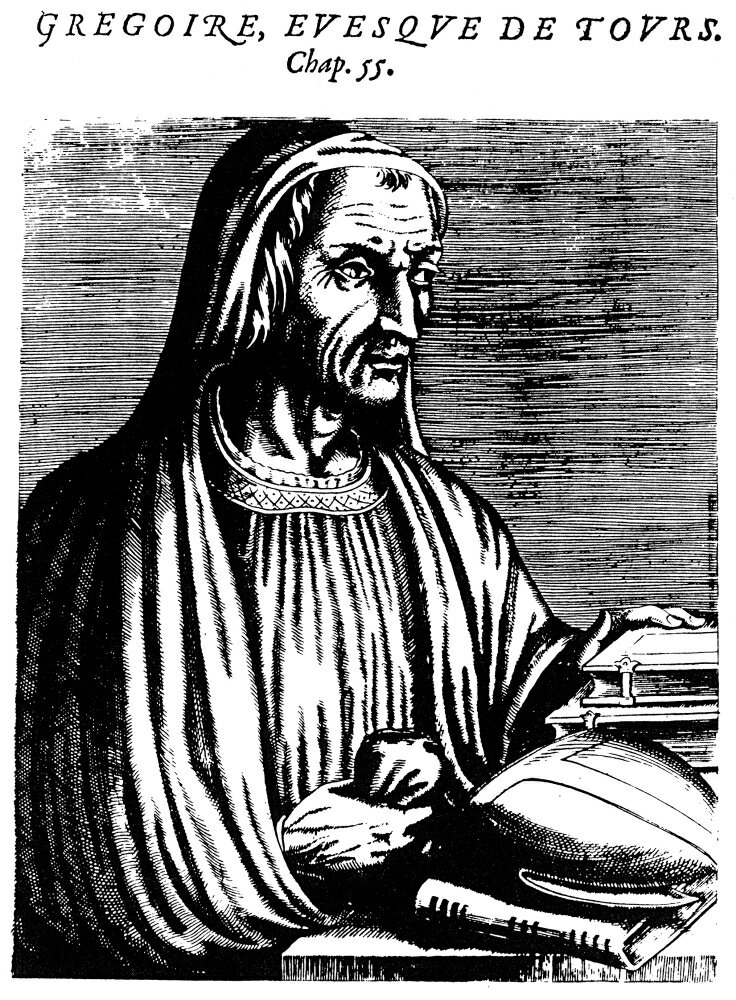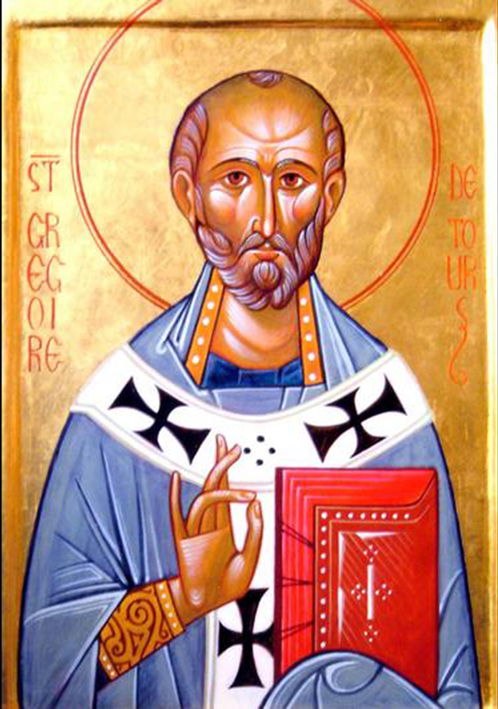
But that loses some of the random quality– or seemingly random quality– that Gregory has. The full work is much fatter, and Murray tries to make the story fairly coherent with headings, grouping things together, explaining a little what’s going on, to say nothing of the nice maps and genealogical tables in the back. In a way, I’ve cheated by giving you the assignment from this edition of Alexander Murray, because he rearranges and excerpts things. So political invective, historical invective, stylistically well-composed, is not unfamiliar to us.

And in a way, we are better able to understand this because our own political discourse has gotten much more crude and extreme in the last thirty years or so. His Secret History is in the classical tradition of the invective. He has several points to make, and he makes them with great rhetorical power. But, as you will have seen, if you think about Procopius, he is easy to read because he’s leading you on. Insofar as the pieces are a bit jumbled, it’s because it wasn’t completed. But it is narrated in a high classical style. Procopius’ Secret History certainly is a strange story, with strange theories of causality and a strange cast of characters. We’ve already entered into a somewhat strange realm with Procopius. And I hope that you’ll see, if you haven’t seen already, that far from being contradictory, thugs and miracles go together, historically. Now we’re into what certainly seems like a combination of thugs and miracles.

As I told you at the outset of the course, it begins fairly reasonably, as if it’s another history course with great powers, states, recognizable theories of government, and practices of government. Here we enter further into a stranger world.

Professor Paul Freedman: Gregory of Tours. The Early Middle Ages, 284–1000 HIST 210 - Lecture 10 - Clovis and the FranksĬhapter 1: Gregory of Tours and Procopius as historians


 0 kommentar(er)
0 kommentar(er)
